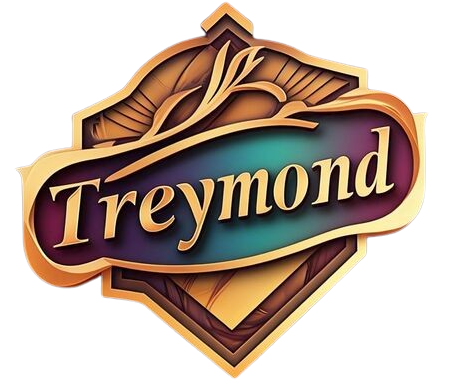Online gaming has transformed from a niche pastime to a global phenomenon that engages millions of people worldwide. With the rise of the internet and advancements in technology, gaming has evolved into a social, competitive, and immersive experience that extends far beyond simple entertainment. Players now have the opportunity to interact with others in real-time, participate in vast multiplayer worlds, and even pursue professional careers. This revolution in gaming has not only redefined how we engage with entertainment but also how we connect with one another, creating global communities that transcend physical boundaries.
In the early days of https://studio-spc.com/ connecting with others was a novelty. Simple games like Doom and Warcraft allowed players to link up through local area networks (LAN) or dial-up connections, where they could battle or cooperate in small groups. As internet speeds improved, multiplayer experiences grew more sophisticated. The introduction of massively multiplayer online role-playing games (MMORPGs) such as World of Warcraft marked a significant shift. These games allowed players to enter massive virtual worlds populated with thousands of other users. Players could explore, complete quests, form guilds, and work together to conquer challenges, fostering a sense of community that many players found incredibly rewarding.
The rise of competitive gaming or esports further amplified the influence of online gaming. Professional players now compete in tournaments that attract large audiences, both in-person and online. Games like League of Legends, Counter-Strike: Global Offensive, and Dota 2 have become international sports, with millions of viewers tuning in to watch the best players compete for substantial cash prizes. The success of esports has helped elevate gaming into a respected profession, with sponsorships, streaming, and media coverage drawing attention to the gaming world in ways that were once unimaginable. Gamers now have the opportunity to make a career out of their passion, as professional players, streamers, and content creators.
Online gaming also offers a platform for social interaction that goes far beyond traditional gaming. With in-game voice chat and social media integrations, players can communicate, strategize, and build relationships with others regardless of geographical location. For many, these virtual communities are where they form some of their closest friendships. Multiplayer games have created global social networks where people from all over the world can connect through a shared love of gaming, learning about different cultures and perspectives in the process.
However, online gaming also has its challenges. Issues like cyberbullying, toxic behavior, and addiction have raised concerns within the gaming community. Game developers and platforms have worked hard to implement tools to improve player safety and well-being, but these issues remain persistent. Despite this, the world of online gaming continues to evolve, offering new ways for people to connect, compete, and create lasting memories.
In conclusion, online gaming has become a dominant force in entertainment and culture. Its ability to unite players, offer career opportunities, and build communities has shaped a new era of digital interaction. As technology continues to advance, the influence of online gaming will only continue to grow, providing new experiences and connecting people in exciting ways across the globe.
